Attendee Directory
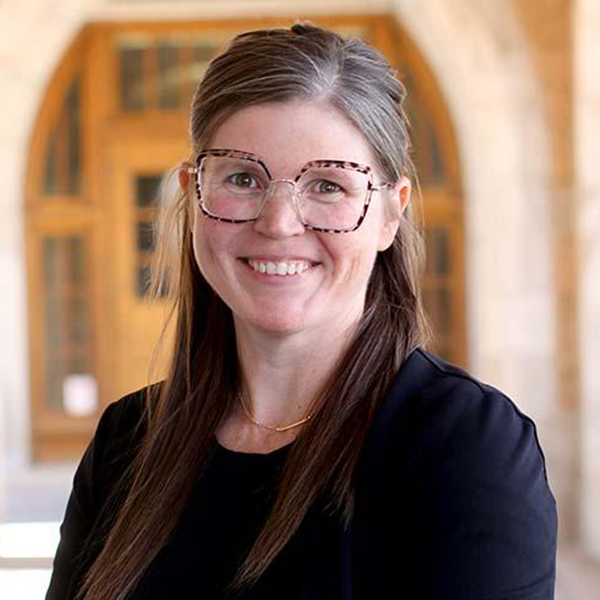
Lindsay Adolphs
Title: Assistant Vice President, CORE and Community-Engaged Learning
Institution: Augustana College
Role: My role at the institution oversees a set of offices that are the core of engage learning. When woven together the teams I oversee serve as incredible mentors in various settings, from study away to career development to community engagement. My role serves the important part of weaving these teams together, and ensuring the mentoring experience is done, cohesively, consistently and is impactful
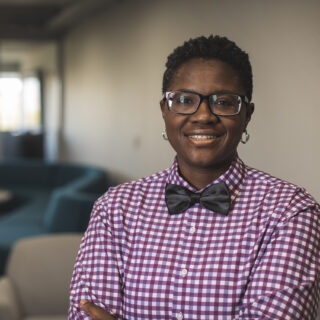
Sirry Alang
Title: Associate Dean for Equity and Justice and Associate Professor in the Department of Health and Human Development
Institution: University of Pittsburgh
Role: I am an associate dean for equity and justice. A lot of my work is about building coalitions and partnerships to foster a community where everyone feels a strong sense of belonging, to make sure we live out our values. I work with students, faculty and staff in the school of education and across the university to identify challenges to community building and to provide support.
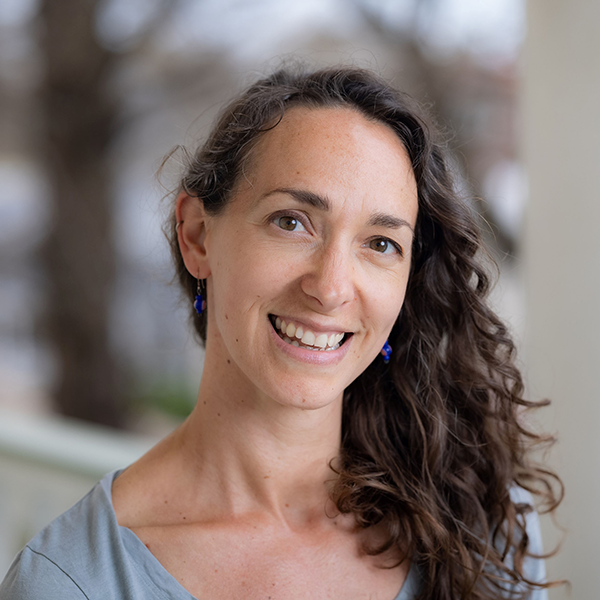
Kadrin Anderson
Title: Assistant Professor
Institution:Mary Baldwin University
Role: I teach the foundational courses for our major so I am one of the first professors our students meet and I work with them throughout their tenure in the major.
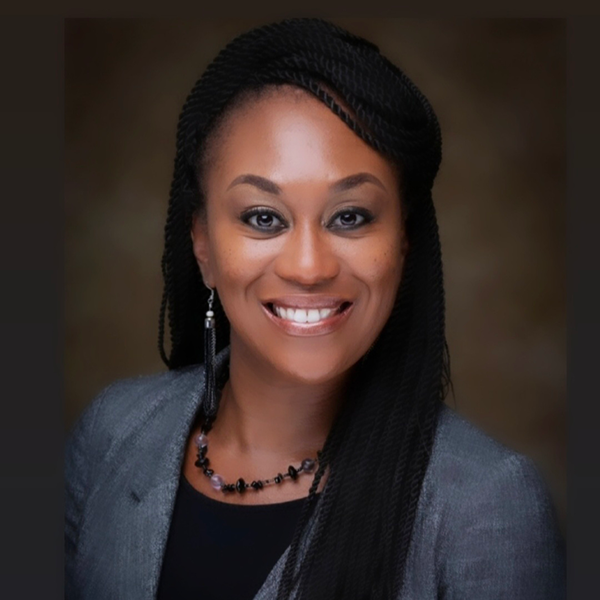
Antja Caldwell
Title: University Innovation Alliance Fellow/Student Success Project Coordinator
Institution: North Carolina Agricultural and Technical State University
Role: Since the inception of my role at A&T, I have served as a Program Coordinator for an all female mentoring program that served as a retention initiative for first year students. I served as Coordinator for 5 years and now I am the Director of a Summer Bridge Program for new incoming freshman, who after completing my program, will transition into mentoring programs.
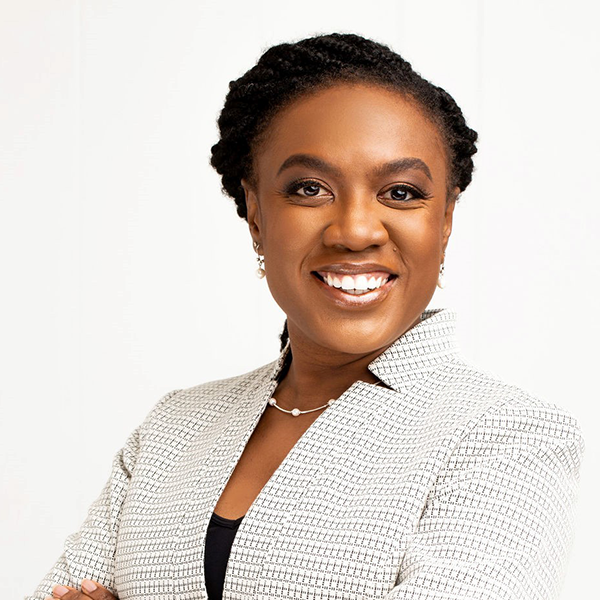
Santiba Campbell
Title: Interim Vice President of Academic Affairs
Institution: Bennett College
Role: From faculty member to director and now interim vice president, each position has given me a different viewpoint on the needs of our students. All of the roles were meant to support our students as they explored their curiosities toward a purpose by developing content learning in the classroom, providing access to technological and emotional support, and developing life skills with tailored academic programming.
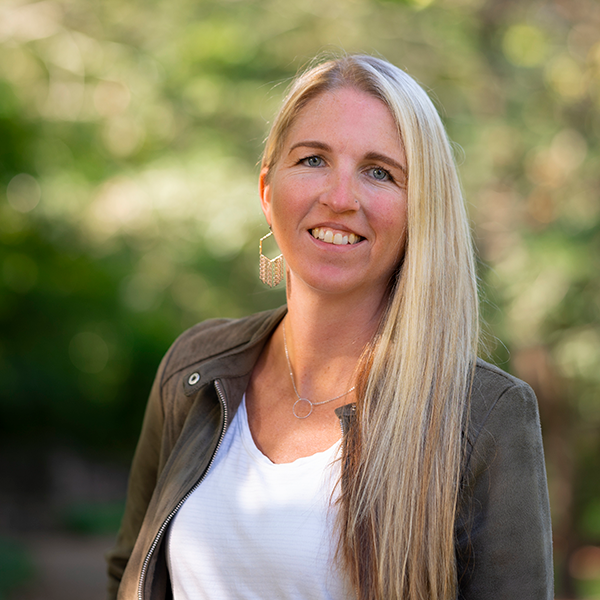
Mary Jane Carmichael
Title: Assistant Professor of Biology and Environmental Science
Institution: Hollins University
Role: I am the PI of Hollins’ Artemis Program for Women in STEM, a NSF-funded initiative that will run until 2030. As a part of the student supports associated with this grant, we are piloting a 4-year alumnae/i mentoring program for our scholars. I am the person on our support team who is designing and facilitating the mentoring program, and I have very little personal experience in doing this kind of work. So, I am interested in learning about best practices in designing and facilitating mentoring relationships. I also frequently teach our sophomore and senior biology seminars, which are both professional development classes. So, I do a lot of direct mentoring in those courses, as an academic advisor, and work with students in independent studies and thesis projects.
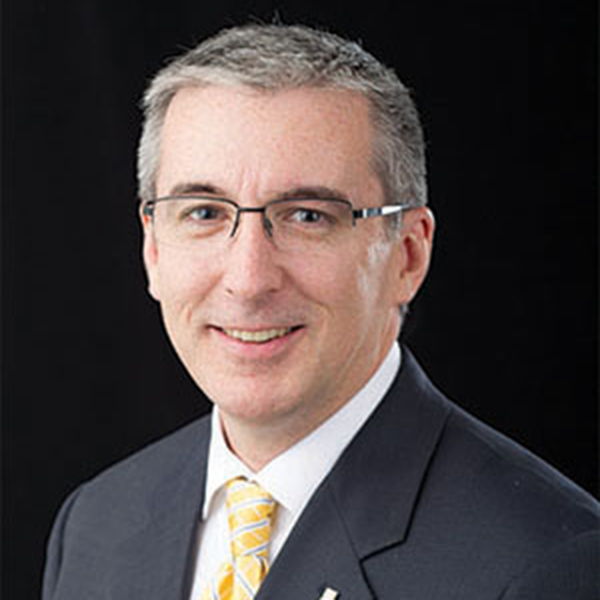
Jeff Cathey
Title: Assistant Vice Chancellor for Student Affairs
Institution: Appalachian State University
Role: I work in direct support of departments and programs at Appalachian State including the Plemmons Student Union, Intercultural Student Affairs, Community-Engaged Leadership, Campus Activities, New Mountaineer and Family Programs and Student Government Association. These are all high-engagement areas in which our staff provide mentoring both to other staff and to students. I’m interested in tools and conversations that can help us elevate the mentoring we provide through tiers of relationships.
Maria DeAngelis
Title: Student Success Coordinator
Institution: Arcadia University
Role: I manage First-Year Seminar Peer Mentors who support first-year students and Transfer Mentors who support transfer students – both vulnerable populations who are in need of strong mentorship.
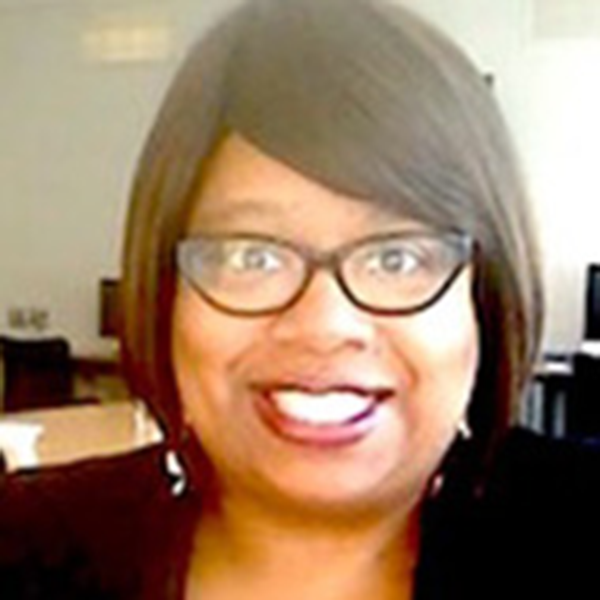
Tonya Doane
Title: Director of Student Success
Institution: Bennett College
Role: As the Director of Student Success, I am responsible for assisting the Vice President for Academic Affairs and Student Experience in providing leadership for student programming initiatives designed to promote student persistence, wellness, and academic success. I also manage the services and programming provided by the Office of Student Success and help to ensure academic and non-academic support for students, faculty, and staff. As the Director of Student Success, it is very important that I work closely with academic advisors, success coaches, faculty advisors, and other Academic Support and Student Support Staff, to develop and facilitate services and program initiatives to meet the comprehensive needs of our students using a wholistic approach. This includes the way in which my role supports mentoring in meaningful relationships while building community, creating a sense of belonging, and utilizing peer, faculty, and staff, mentorship, to foster the academic, personal, and professional growth and success, for all students.
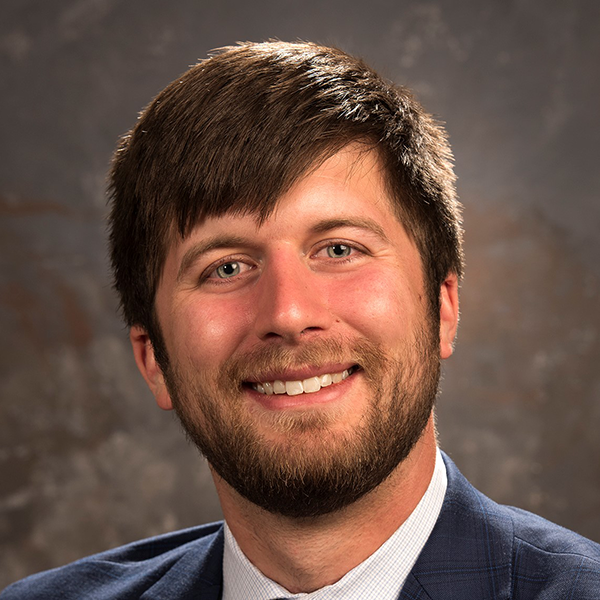
Kyle Dupper
Title: FSL Coordinator and Adjunct Professor
Institution: Colorado School of Mines
Role: I work with students in Fraternity and Sorority Life to make sure they are developing a sense of community. I also teach a 3-credit leadership class for juniors and seniors that includes the importance of mentorship and practicing building those relationships as they transition to their professional careers.
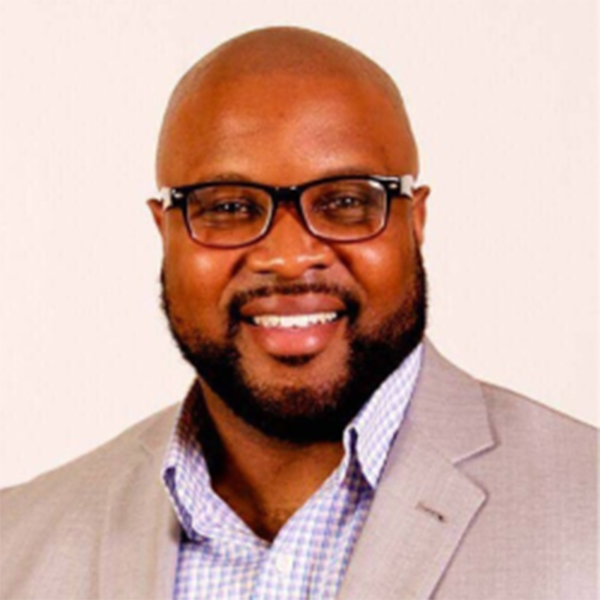
Phillip Edge
Title: Associate Director of Training and Development
Institution: Berry College
Role: As the Associate Director of Training and Development at Berry College, my role is dedicated to cultivating mentoring relationships. I lead training initiatives for supervisors, ensuring they possess the skills to effectively mentor students in alignment with NACE competencies. By providing resources and facilitating networking opportunities, I contribute to fostering a mentorship culture at Berry College. This strategic approach empowers supervisors to guide students toward career readiness and success in both academic and professional realms.
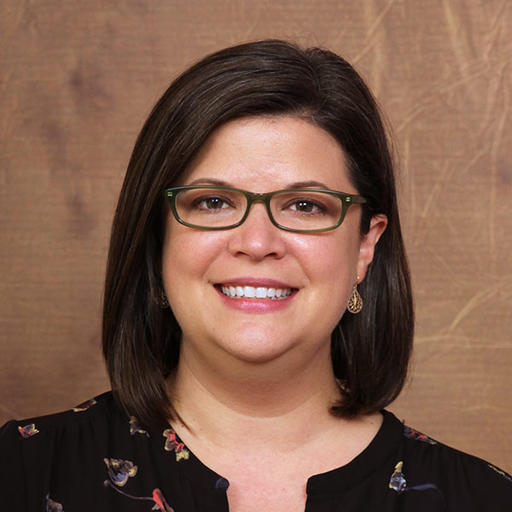
Shelley Ewing
Title: Career, Academic, and Personal Exploration (CAPE) Advisor
Institution: Guilford College
Role: As an academic advisor, I believe my role significantly supports mentoring by building meaningful relationships, which are crucial to enhancing student engagement and success. Advisors serve as mentors and guides throughout their students’ educational journey, helping them navigate adjusting to college, deciding on a major, finding a new friend group, meeting professors, and exploring internships just to name a few. These relationships are fostered through ongoing and regular interactions in and out of the classroom that provide not only academic guidance but also emotional and social support, which is critical to retention. Through advising relationships, students gain a network of support that will stay with them throughout their time in school.
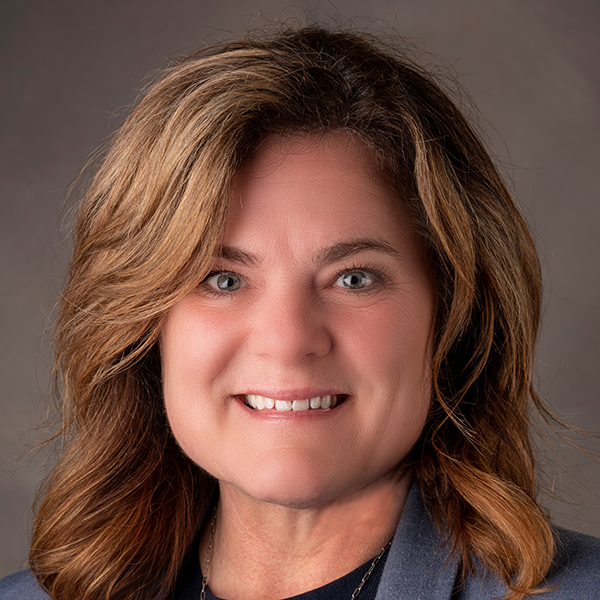
Eleanor Finger
Title: Assistant Vice President of Student Life and Dean of Campus Life
Institution: Elon University
Role: As Dean of Campus Life, I work directly with Residence Life, Living and Learning at Elon, Dining Engagement, New Student Programs, and the Kernodle Center for Civic Engagement. All of these units focus on building meaningful relationships at their core as part of building community in intentional ways. Mentoring connections grow out of these opportunities as students get involved and engage with others, establish themselves academically and socially while navigating their college experience. We prioritize meaningful mentoring relationships because they help to create a sense of belonging that is so important for student success.
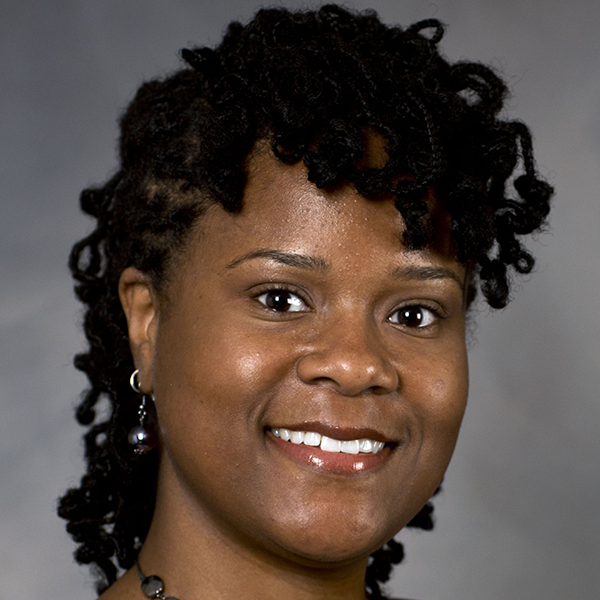
Carla Fullwood
Title: Director of Inclusive Excellence Education and Development
Institution: Elon University
Role: My role has a focus on faculty and staff DEI development and bias education and response. I support mentoring in meaningful relationships efforts at your institution by offering and collaborating on faculty and staff training for developing meaningful relationships with an inclusive lens. I am also seeking to develop and strengthen platforms for faculty/staff supporting each other through mentoring, particularly those with historically and contemporary marginalized identities.
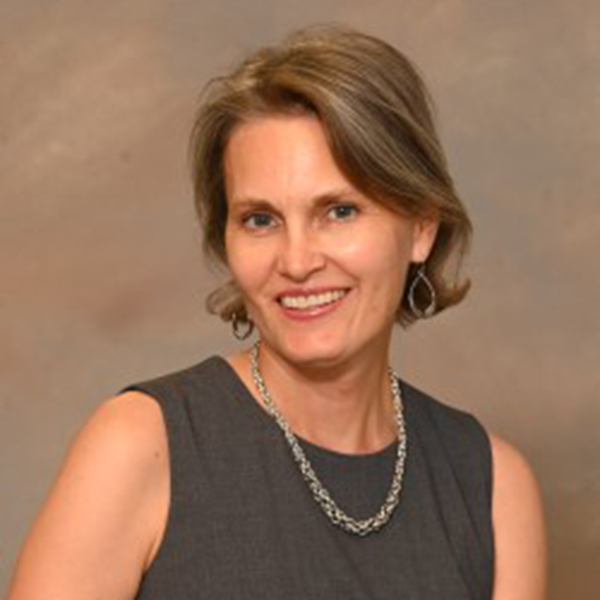
Laura Furge
Title: Provost
Institution: Muhlenberg College
Role: As provost, I provide mentoring to faculty leaders and to staff managers on a daily basis. Professional growth of these groups is essential for institutional success. I further provide support for those that lead various mentoring programs on campus – from the Committee on Teaching and Learning, to Chairs development, to staff management of areas such as the library, Registrar, and global education.
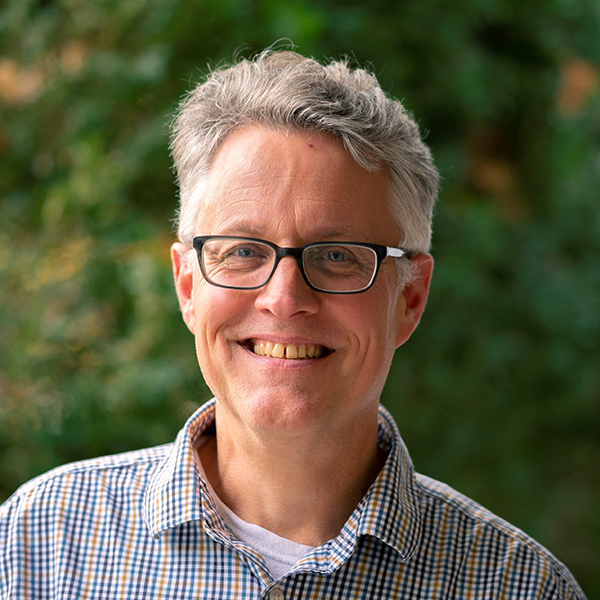
Michael Gettings
Title: Associate Vice President for Student Success
Institution: Hollins University
Role: I oversee faculty academic advising and work closely with our faculty advisors in those roles with our students. I also have staff that include academic success coaches, an accessibility director, and a director of our learning commons. All of these faculty and staff support students through the relationships they develop.
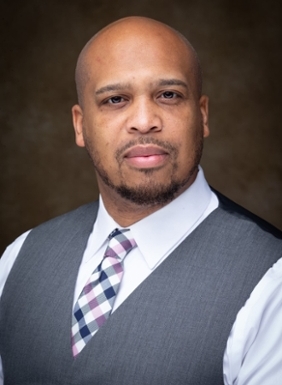
Kase Gregory
Title:Advisor/Lecturer
Institution: North Carolina Agricultural and Technical State University
Role: Our department houses two of the largest mentoring communities on campus. We specialize in faculty-staff to student mentoring as well as student to student peer-mentoring.
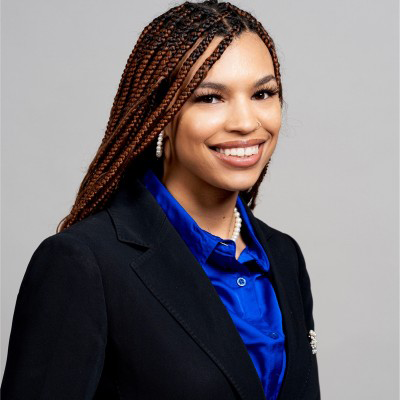
Chancey Gunnell
Title: Health and Safety Advocate, Wellness Program Coordinator
Institution: Bennett College
Role: Serving Bennett College as the Health and Safety Advocate and Wellness Program Coordinator causes mentoring in meaningful relationships to be at the forefront of my work. I create opportunities for students to develop impactful relationships with their peers, faculty, staff, and community members to improve their likelihood of success while integrating wellness. As an intern supervisor and undergraduate chapter advisor, I have seen the impact of being a positive role model and providing mentorship to students in all aspects of the collegiate experience. I aim to continue to develop effective programs and strategies to support students in reaching their full potential.
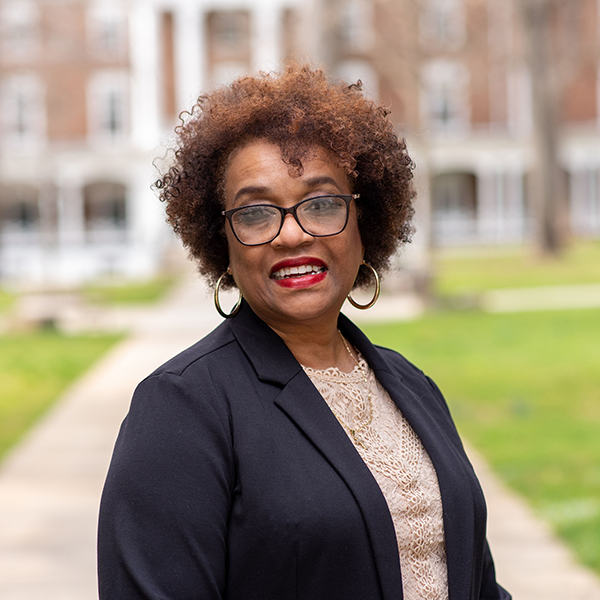
Dianna Hackley-Hunt
Title: Executive Director, DEIB
Institution: Hollins University
Role: At Hollins, we are working to become intentionally inclusive and sensitive to the needs of our community members. In my role, I feel it is imperative that I help increase opportunities to build trust and pathways to honest cross-cultural communication. I believe it is vital that we understand the role of relationships in achieving our DEIB goals.
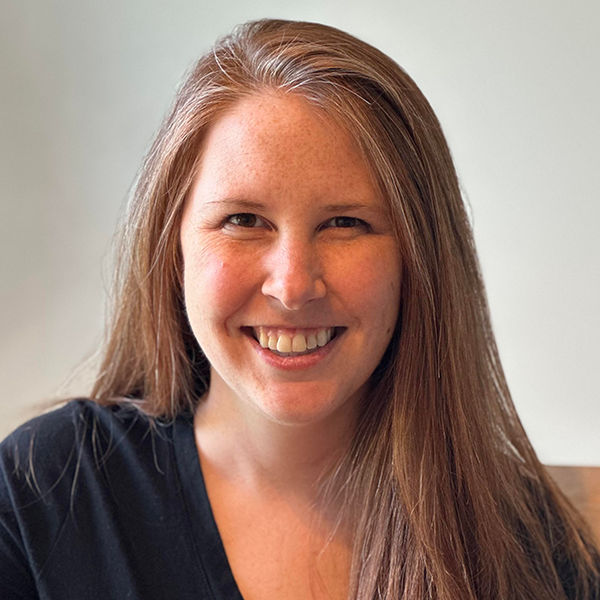
Maria Hannah
Title: Assistant Professor of Interpersonal Communication
Institution: Augustana College
Role: As an interpersonal and instructional communication scholar at Augustana College (Rock Island, IL), my primary focus is supporting and facilitating mentoring initiatives from human communication perspectives. Leveraging my expertise in interpersonal communication, I offer valuable guidance in cultivating meaningful and healthy mentor-mentee relationships. This involves employing competent communication practices such as active listening, enacting empathy, engaging effective social support, and managing conversations and conflict. Further, my expertise in instructional communication allows me to integrate important teaching-learning variables like verbal and nonverbal immediacy, rapport building, and emphasizing the importance of balancing individual goals and needs while co-constructing the mentor-mentee relationship.
My teaching and scholarship are intimately connected in ways that support and inform mentoring efforts. My scholarly pursuits include exploring neurodiversity from both teaching and learning perspectives, compassionate pedagogy and communicating about mental health concerns, and interpersonal message design when expectations are violated in teaching-learning contexts. I teach courses in interpersonal and intercultural communication, emphasizing Universal Design for Learning, peer-to-peer teaching-learning, and intentionally fostering opportunities for students to support and confirm one another. Taken together, my pedagogy and scholarship enable me to recognize and address how cognition, communication behavior, and culture could contribute to the mentor-mentee relationship.
I have experience as a mentor in both academic and non-academic contexts. Drawing from nearly 15 years of mentoring aspiring trainers in the martial arts industry, I am proficient in designing curricula, establishing integral teaching goals and learning outcomes (e.g., rhetorical and relational goals), and implementing assessment measures. Additionally, as an active mentor to current undergraduate and graduate students, I provide support in navigating academic and research programs, personal and professional challenges, and coaching others in goal development and pursuit. Overall, my commitment is rooted in leveraging both interpersonal and instructional communication perspectives toward mutually meaningful and satisfying mentor-mentee relationships.
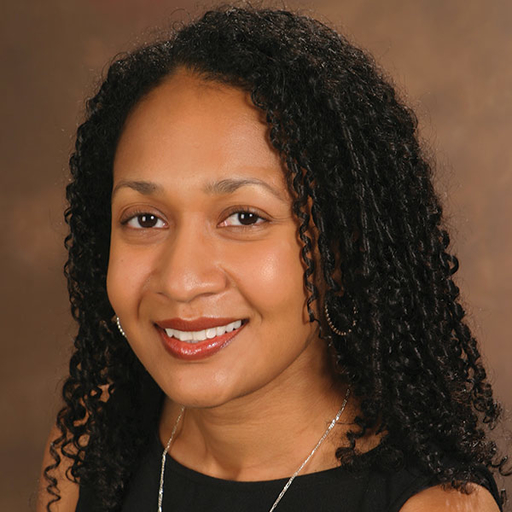
Naadiya Hasan
Title: Associate Academic Dean
Institution: Guilford College
Role: In my role as a member of the Provost’s Office, I provide support and guidance for faculty and academic staff who engage in teaching, advising, and mentoring our students inside and outside of the classroom. This includes responding to student and faculty concerns, facilitating restorative conversations after uncomfortable interactions, and contributing to professional development initiatives with the goal of strengthening inclusive practices and beneficial academic relationships.
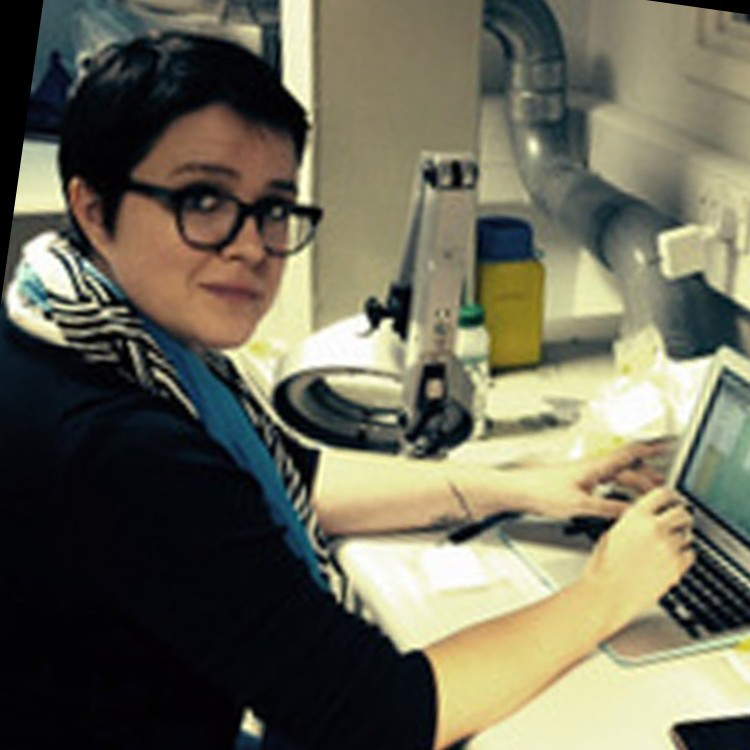
Claire Heckel
Title: Assistant Professor of Honors and Interdisciplinary Studies
Institution: Bennett College
Role: As the director of Honors Programming, I will be mentoring Honors students when our new program launches in Fall 2024. As an instructor in Interdisciplinary Studies (IS), I teach a research methods course me senior capstone course in which students design and implement independent research projects across disciplines. As an advisor, I mentor students in IS in self-designed majors and the process of applying to graduate school.
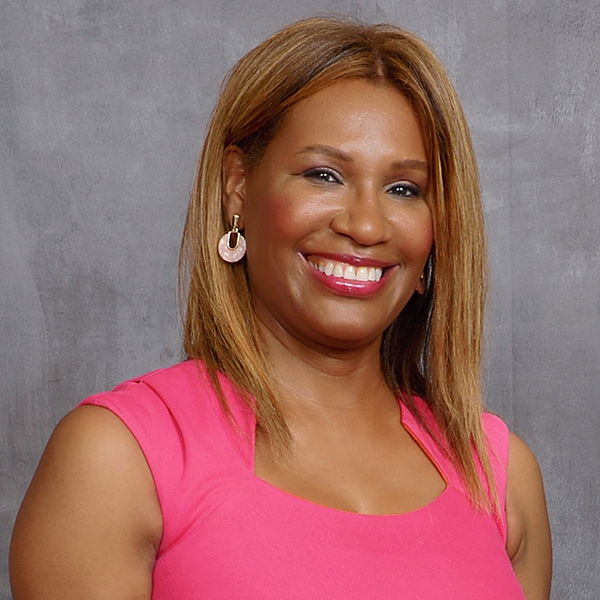
Marionette Holmes
Title: Chair and Associate Professor of Economics
Institution: Spelman College
Role: I mentor junior faculty in the Department of Economics and in the Division of the Arts.
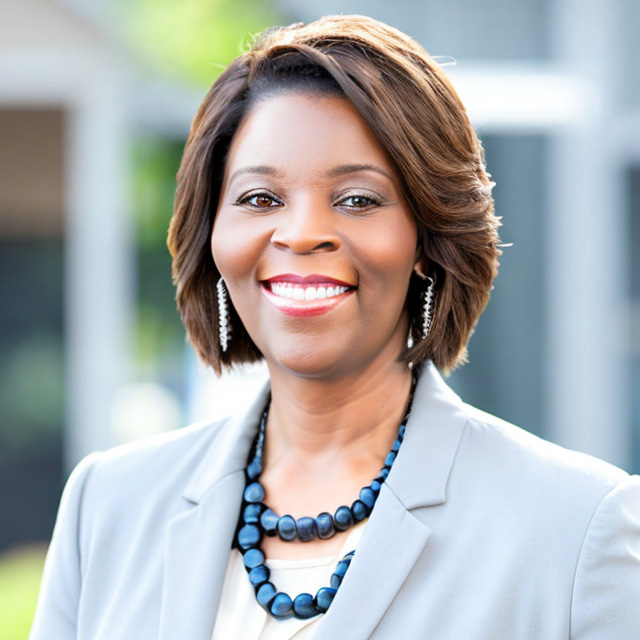
LaRhonda Johnson Horton
lkjohnsonhorton@marybaldwin.edu
Title: Assistant Vice President of Student Engagement
Institution: Mary Baldwin University
Role: The mentoring components of my role are multifaceted, from conversations with students who have engaged in behaviors that misalign with MBU’s expectations to informal conversations as I walk campus grounds I engaged in mentoring moments and ongoing mentoring relationship. With each my hope is to accelerate learning, critical thinking, and skill development that compliments and supports the student’s academic wellbeing.
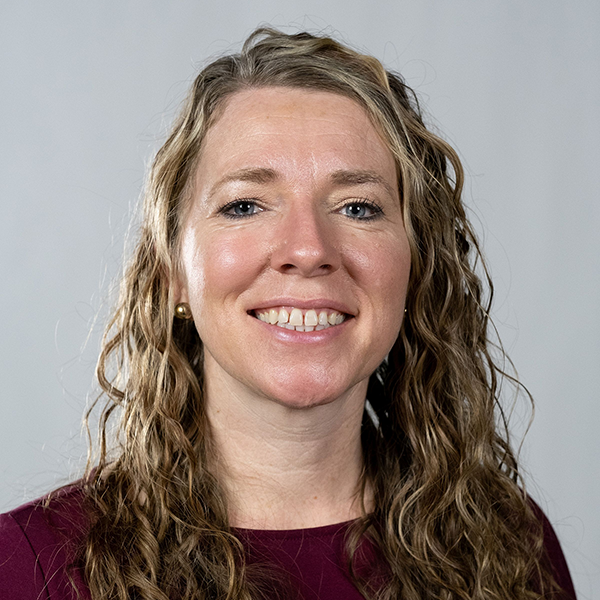
Lisa Johnson
Title: Chief Academic Officer/VP of Instruction
Institution: Alamance Community College
Role: As the Vice President of Instruction, my role in supporting mentoring and fostering meaningful relationships at our institution is multifaceted and vital to creating a thriving academic community. Here are several ways in which my position facilitates these important efforts:
Strategic Planning and Policy Development
I am involved in shaping the strategic direction of our institution, which includes prioritizing mentoring as a key component of both academic and professional development. By implementing policies that encourage faculty and staff to engage in mentorship roles, we ensure that mentoring is embedded in the culture of our institution.
Resource Allocation
I oversee the allocation of resources that enable effective mentoring programs. This includes funding for training mentors, providing spaces for mentoring activities, and supporting networking events that help build and strengthen mentor-mentee relationships.
Program Development and Support
I work closely with department heads and program coordinators to develop and sustain mentoring programs tailored to the needs of different groups within our academic community. This involves supporting initiatives that connect students with faculty mentors, peer mentoring schemes, and career-specific mentoring opportunities.
Faculty and Staff Development
A key part of my role involves facilitating professional development opportunities for faculty and staff to enhance their mentoring skills. This includes organizing workshops, seminars, and training sessions focused on effective mentoring practices, communication skills, and relationship building.
Advocacy and Visibility
I act as a champion for mentoring within the institution, advocating for its importance at all levels. This involves highlighting the successes of our mentoring programs to internal and external stakeholders, thereby increasing visibility and support for these initiatives.
Evaluation and Improvement
I ensure that mentoring programs are regularly evaluated and refined based on feedback and outcomes. This continuous improvement process helps us adapt to changing needs and enhances the effectiveness of our mentoring relationships.
Personal Engagement
Finally, I personally engage in mentoring relationships with emerging leaders among the faculty and administrative staff. By sharing my experiences and insights, I help guide them through their professional development and decision-making processes, enriching their capacity to contribute to the institution.
In these ways, my role is crucial in fostering an environment where mentoring and meaningful relationships can flourish, ultimately enhancing our institution’s educational mission and community spirit.
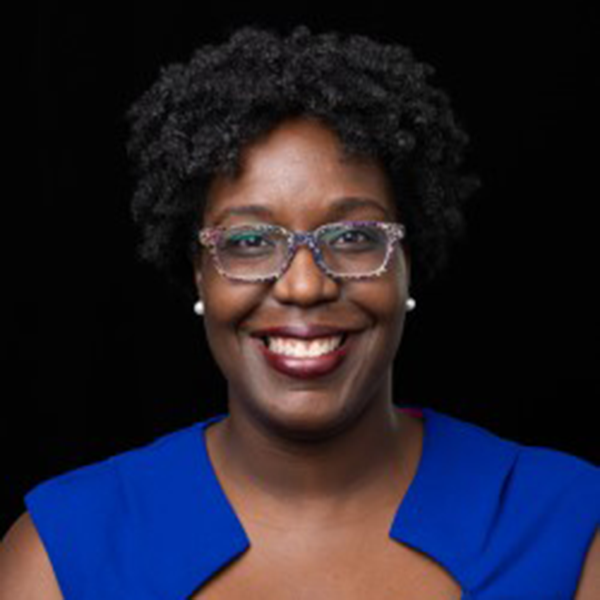
Shernita Lee
Title: Assistant Vice Provost for Student Success
Institution: Appalachian State University
Role: Student success and its support is centered on relationships whether it be from faculty-students, faculty-staff, staff-students, or peer-peer. The strength of these relationships begins with intentionally developing them to aid in the empowerment of students to continue to succeed academically, socially, and personally while also mutually benefiting the mentor. A student’s success is equivalent to institutional success. Student Success at App State is a strategic institutional priority uniting several entities who are all committed to student success. Through my leadership, I aim to continue to forge new connections, foster collaborative partnerships, and execute actionable initiatives to positively influence students.
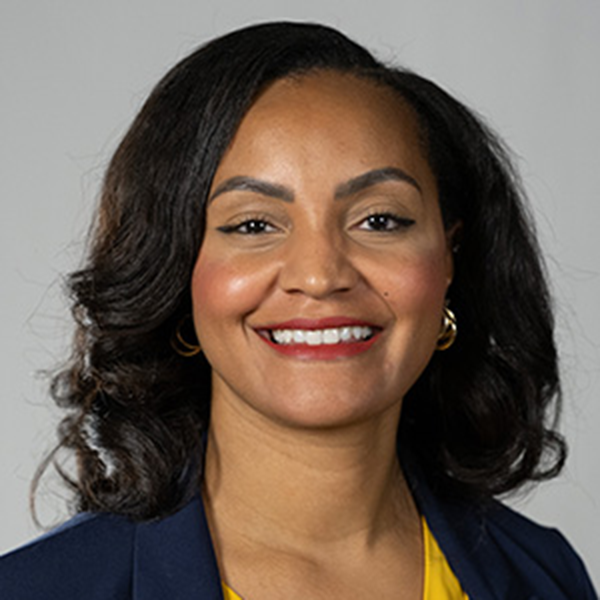
Melanie Lewis
Title: Dean of Health and Public Services
Institution: Alamance Community College
Role: As the Dean of Health and Public Services, I mentor 10 department heads. I work closely with department heads to develop their leadership skills and develop initiatives that cater to the specific needs of their different departments and disciplines. In my role, I interact with students, however, many times it is students who have academic or behavioral issues. To my best ability, I try to lead and guide these students to successful paths by listening and providing them resources that can help them be successful.
Samantheo Marcellus
Title: University Transfer Coordinator
Institution: Alamance Community College
Role: My role can assist with helping the campus community understand the important role mentoring plays in developing positive and productive relationships with others, particularly students.
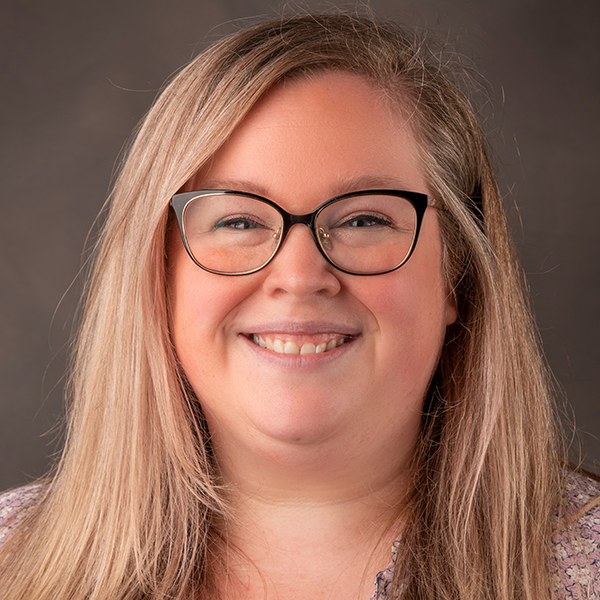
Jill McSweeney
Title: Assistant Director and Assistant Professor
Institution: Elon University
Role: I work at the Center for the Advancement of Teaching and Learning, which actively mentors faculty throughout their teaching development, while also supporting faculty in mentoring students and peers within higher education. We are a center that both engages in mentoring and supports the development of mentors/mentees to engage in those roles.
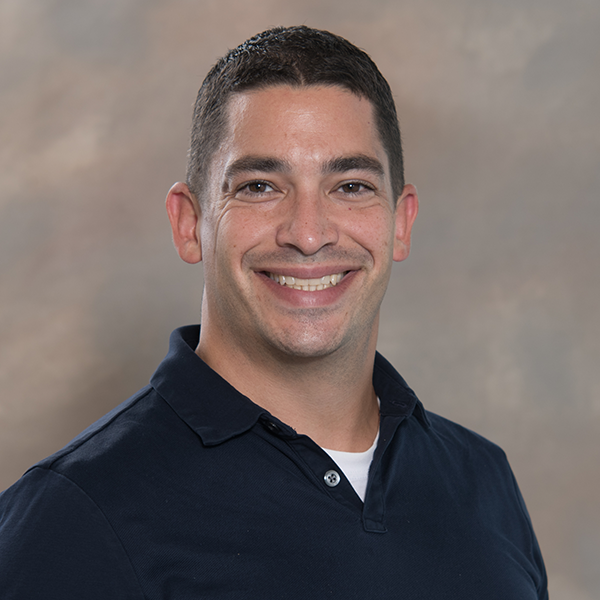
Brian Mello
Title: Associate Dean for Faculty Development & Professor of Political Science
Institution: Muhlenberg College
Role: My position works to support the development of department and program chairs; the work of faculty hiring committees; the on-boarding and ongoing support of adjunct faculty; and to support faculty teaching with the general curriculum at Muhlenberg.
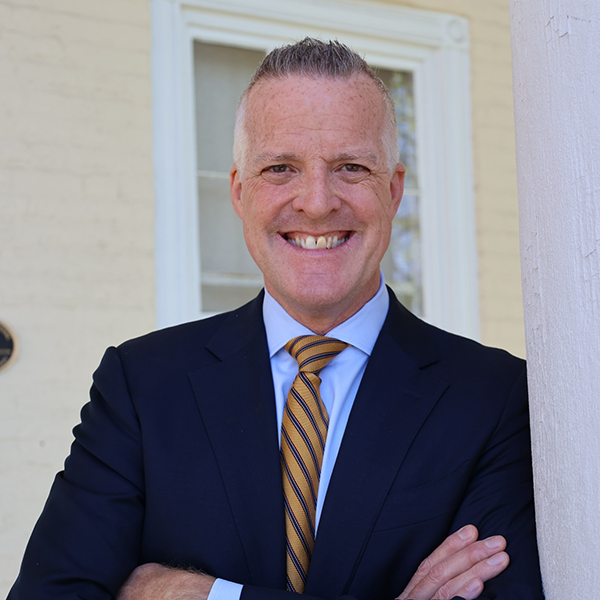
Paul Menzer
Title: Provost
Institution: Mary Baldwin University
Role: As Provost one of my emerging tasks is to develop on office and/or systems to better articulate and formalize peer, faculty, staff, and alumni mentoring.
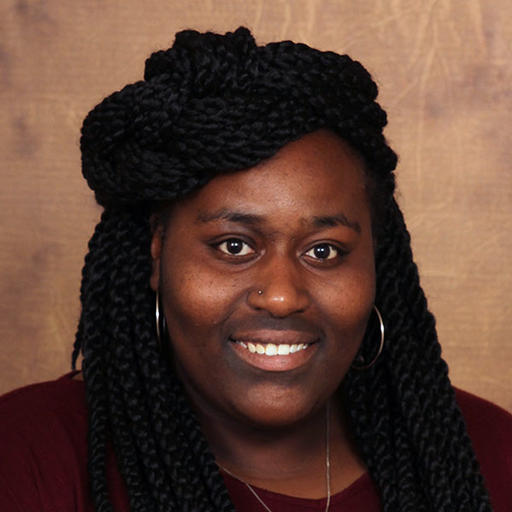
Janelle Morris
Title: Associate Director of CAPE
Institution: Guilford College
Role: As the academic/career advising office, we aim to ensure that relationships built with students mirror that of mentorship. We also have a students that work as mentors to their peers throughout the year and are building a mentorship program between alums and students.
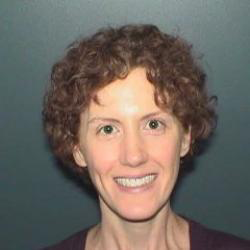
Kimberly Murphy
Title: Associate Professor and Chair, Department of Biology; Director, Center for the Advancement of Community Health and Wellness
Institution: Augustana College
Role: I wear a few different hats at Augustana including a professor in Biology, Chair of both Biology and Kinesiology, Director of the Center for the Advancement of Community Health and Wellness and Faculty Athletics Representative for the college. These different roles allow for me to bring folks from across campus (faculty, staff, coaches) together to have robust conversations about how we can best support our students.
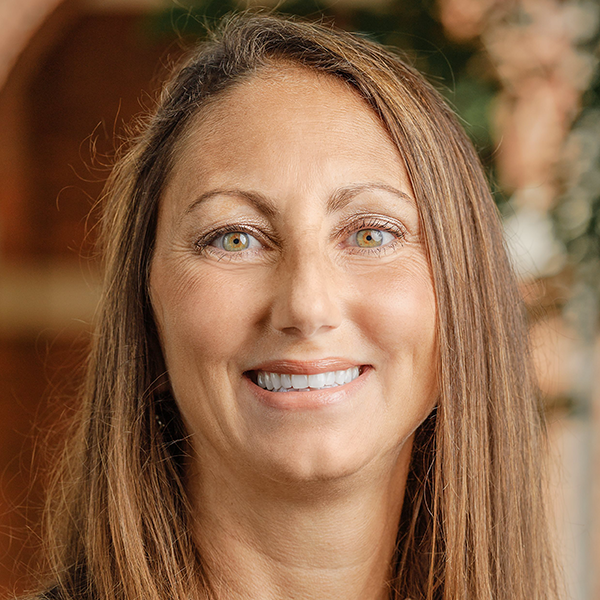
Jennifer Platania
Title: Associate Provost for Academic Affairs
Institution: Elon University
Role: My role oversees student success and retention initiatives at the institution. Mentoring and meaningful relationships are an important component of these initiatives.
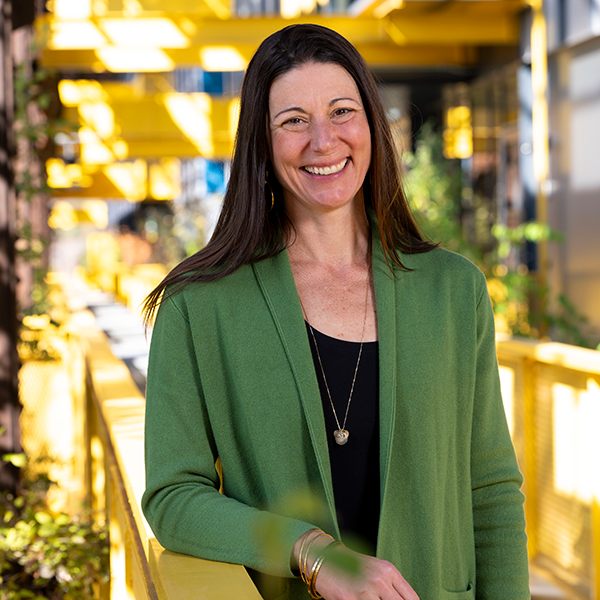
Cassie Quigley
Title: Department Chair and Professor of Science Education in the Department of Teaching, Learning, and Leading at the School of Education
Institution: University of Pittsburgh
Role: I am chair of the department of teaching, learning, and leading. I mentor all assistant rank faculty members. I do this through a mentoring program that I developed with a faculty committee that includes peer mentoring supports, writing retreats, individual mentoring plans, and mentor matching outside the university. In terms of students, I work with program coordinators to support students during their programs and induction into the field.
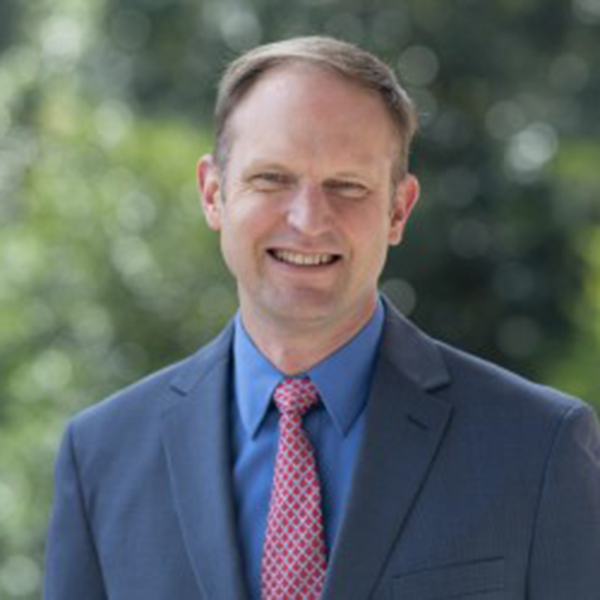
Bob Reimer
Title: Director, Berry Center for Integrity and Leadership
Institution: Berry College
Role: The Berry Center for Integrity in Leadership plays a pivotal role in cultivating meaningful mentoring relationships across campus. We orchestrate student-centered mentoring programs designed to support the holistic development of our students. We are also committed to the continuous education and professional growth of Berry’s staff and faculty, equipping them with the skills and knowledge to serve as effective mentors. Through these initiatives, we ensure that mentoring is seamlessly integrated into the fabric of our institution, facilitating connections that enrich the educational experience and promote personal and academic success. Our efforts underscore the importance of intentional, supportive relationships as foundational to the Berry community, thereby reinforcing our commitment to integrity, leadership, and the enduring value of mentorship.
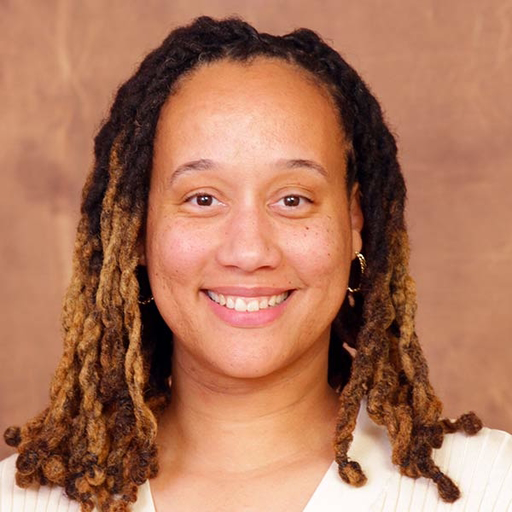
Terra Roane
Title: Director
Institution: Guilford College
Role: Student clubs/organizations, identity and cultural programming, new student orientation & welcome week.
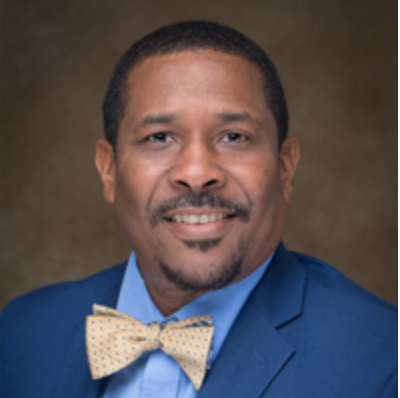
Del Ruff
Title: Chief Diversity Officer
Institution: North Carolina Agricultural and Technical State University
Role: I strive to create an inclusive campus environment that cultivates a sense of belonging, which is the bedrock of meaningful relationships. I employ practices to facilitate open dialogues and discussions, fostering a culture of mutual respect and understanding. This approach enables students, faculty, and staff to better comprehend and appreciate our diverse experiences, thereby enhancing the ability to provide effective support. I actively engage with the local community to create mentorship and networking opportunities for our students, which aids in the development of relationships that can bolster their career growth. I also contribute to policy development to ensure our institution’s practices are conducive to fostering meaningful relationships.
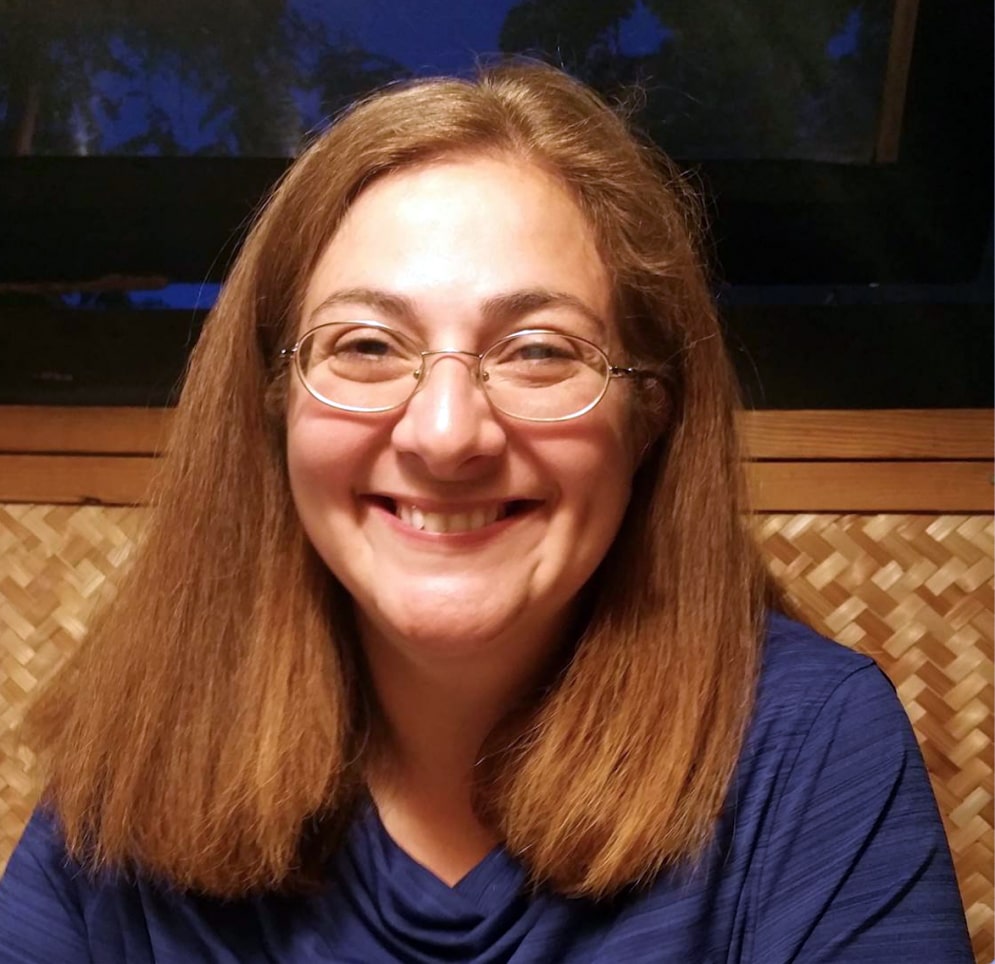
Begoña Ruiz Pineiro
Title: Associate Director of Finance & Operations – SAIL (Student Life)
Institution: Colorado School of Mines
Role: My work requires collaborations with several different departments, a foundation, professors and student support professionals on a daily basis. In order to create meaningful relationships with my colleagues, I take the time to introduce myself, get to know the professional and the person and make sure to include them in any decision making process that affect their work as appropriate. I learn their roles and the synergies between our offices and how we can best collaborate. I try to be a support and resource while I also fulfill the duties of my position.
Paul Schadewald
Title: Senior Project Manager
Institution: Bringing Theory to Practice
Role: We support innovative design, movement building, and narrative change to advance new paradigms of holistic, engaged, and equitable undergraduate education.
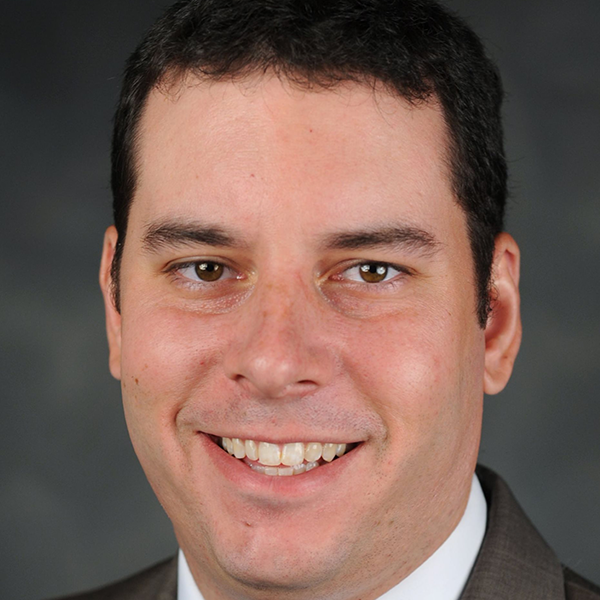
Jeffrey Scheible
Title: Associate Athletics Director for Compliance and Administration
Institution: Elon University
Role: I serve as a member of the athletics department executive staff. I oversee five athletics programs, including women’s soccer, men’s basketball, men’s and women’s golf, and softball. As a leader within the department, I work with all staff members in working toward a common vision, consistent with our department and institutional missions.

David Scobey
Title: Director
Institution: Bringing Theory to Practice
Role: Bringing Theory to Practice supports innovation in undergraduate education grounded in mentoring, peer mentoring, and relationship-rich education.
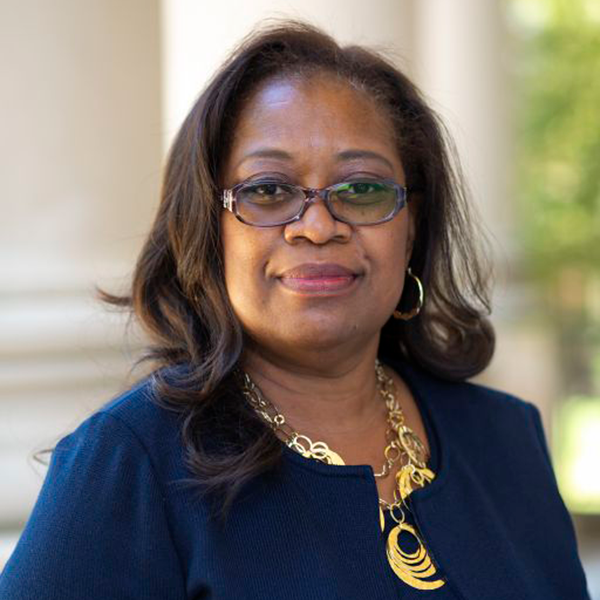
Pamela E. Scott-Johnson
Title: Provost
Institution: Spelman College
Role: The Provost’s leadership and collaboration with faculty are essential for fostering mentoring relationships and supporting student success at Spelman College. The Provost collaborates with faculty to enhance the student learning experience by encouraging pedagogical innovations that improve student success and by ensuring faculty have the necessary training and support to implement effective teaching techniques. Critical reforms related to curricular requirements, academic policies, advising practices, and transfer articulation rely on faculty engagement. The Provost involves faculty in redesigning institutional approaches and implementing new procedures
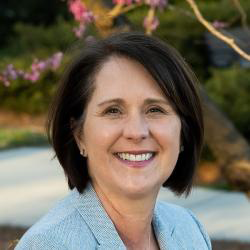
Dianna Shandy
Title: Provost and Vice President of Academic Affairs
Institution: Augustana College
Role: I oversee our AVP of Retention and Student Success who oversees advising. I am creating a new Center for Engaged Learning, Teaching, and Scholarship and trying to infuse mentoring throughout the campus to optimize Augustana’s potential to take advantage of its potential to be a relationship rich institution. I hold myself and our institution accountable for where and when we fall short in supporting student success.
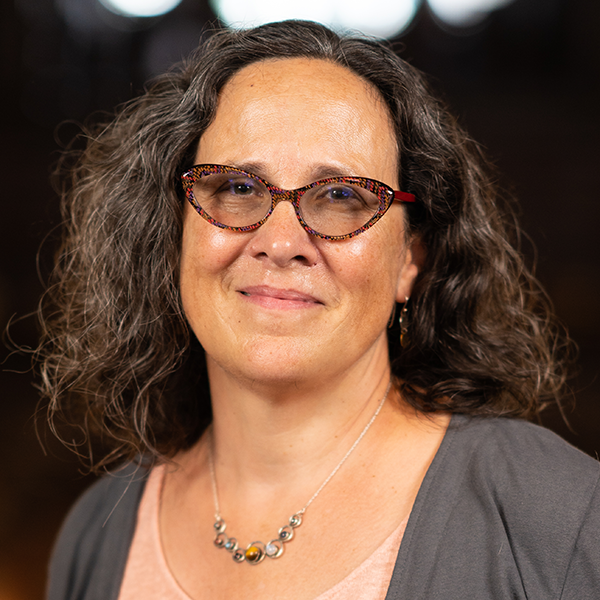
Ellen Skilton
Title: Faculty Director, Center for Teaching, Learning, and Mentoring (CTLM)
Institution: Arcadia University
Role: As the Faculty Director of the Center for Teaching, Learning, and Mentoring, mentoring relationships are one of the core elements of our work, whether it’s through our Student Pedagogical Consultant Program where students are mentoring faculty, or through other CTLM Student Fellow positions that foster agentive engagement in designing and implementing programming to improve teaching, learning, and mentoring on campus. In the Inclusive Excellence and Anti-racist Pedagogy work CTLM is doing, there are also many opportunities for mentoring among faculty and staff.
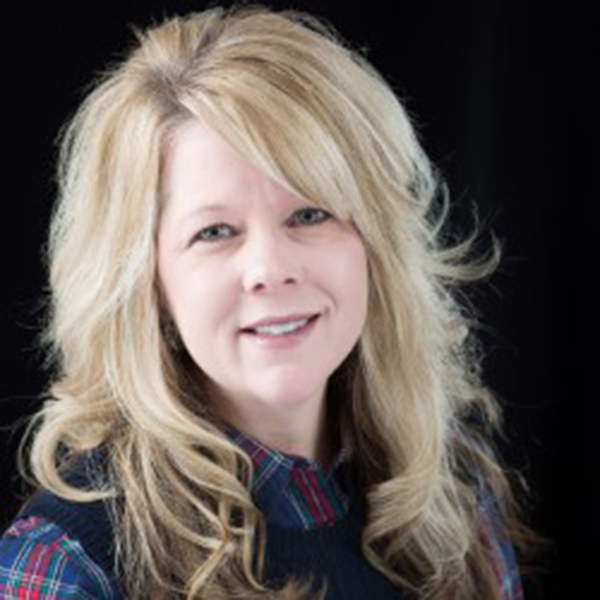
Tracey Smith
Title: Director of Faculty Mentoring and Career Support
Institution: Appalachian State University
Role: In my role, I orient new faculty to campus by cultivating their relationships as a cohort and then brokering their relationships with units and people on campus. I convene groups of early, mid-, and late career faculty in communities of mutual support. I invite faculty Peer Mentoring Circles around areas of need and interest. I work with our HR unit to envision meaningful support for staff (new initiative). I have developed multiple models of mentoring and career support, based on a constellation model.
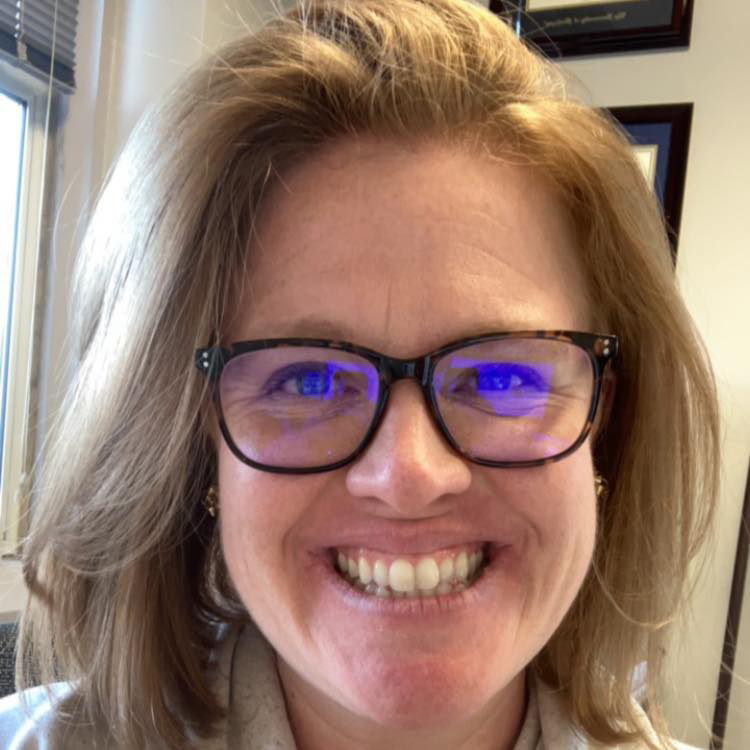
Courtney Stephens
courtneystephens@muhlenberg.edu
Title: Dean of Students
Institution: Muhlenberg College
Role: I was one of three individuals tasked at my institution to create a coaching model for our students. Beginning with the class of 2027, each student now receives a College Life Coach, Career Coach, and Faculty Advisor. While “coaching” is the focus as opposed to “mentoring,” there are absolutely shared themes between these two concepts. These connections enhance a student’s overall experience by making sure they are connected to individuals at the College they can grow and establish meaningful relationships with.
My training and application of Restorative Practices has afforded me the opportunity to mentor and establish meaningful relationships when I am helping to create community traditions, standards, and norms, or address harm that has taken place within this same community.
I oversee a number of different departments and initiatives that solicit intentional mentorship between staff members, student leaders, and the general student population as a part of their overall missions. As I supervise the directors of these respective offices, much of our approach is founded in mentorship concepts.
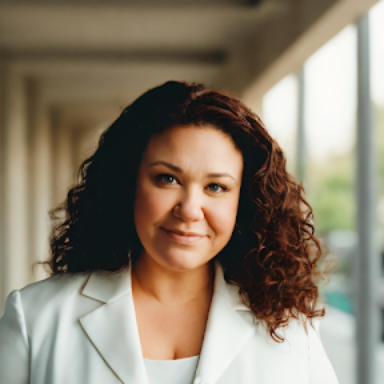
Christine Storch
Title: Director of Student Engagement (Campus Life)
Institution: Arcadia University
Role: In my role as the Director of Student Engagement at Arcadia University, I serve as a catalyst for fostering meaningful mentoring relationships within our community. Through strategic programming and initiatives, I create opportunities for students to connect with mentors who can offer guidance, support, and valuable insights. Whether it’s through structured mentorship programs, networking events, or one-on-one interactions, I aim to facilitate relationships that empower students to thrive academically, professionally, and personally. By cultivating a culture of mentorship, I contribute to the holistic development and success of our students, enriching their educational experience and preparing them for the future.
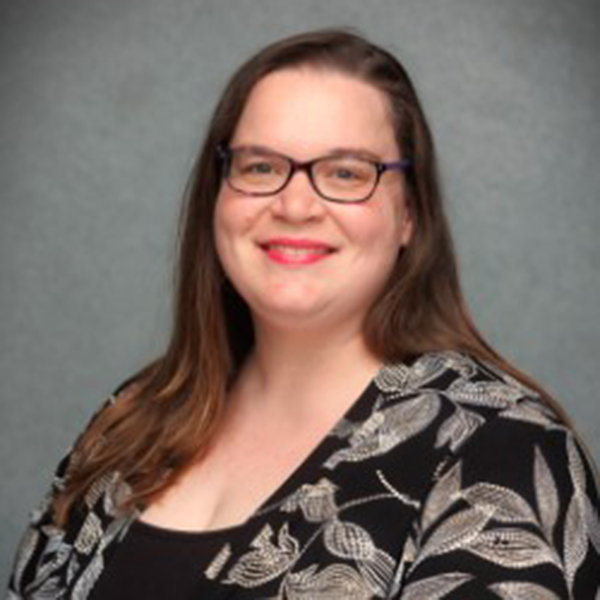
Rose Webster
Title: Interim Director of Research and Institutional Effectiveness
Institution: Alamance Community College
Role: I am also the Project Director for our Title III Grant which funds our PACE Success Coaching program. One of the key points for a success coach is to develop a meaningful relationship with the students and to serve as a mentor or guide as they navigate their higher education journey. In that role and in my current role, I supervise 5 staff members with a wide range of experience levels and I work to build relationships with each of them and help them grow as a higher education professional.
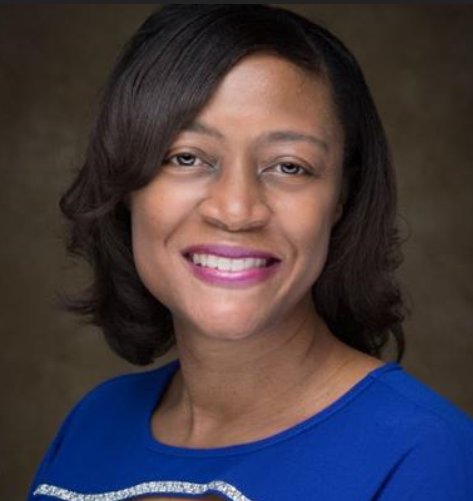
Catherine Dinitria White
Title: Director of the Pre-Professional Scholars Program
Institution: North Carolina Agricultural and Technical State University
Role: I serve as the Director of the Pre-Professional Scholars Program which supports current students and alumni in their pursuit of careers in medicine, dentistry, veterinary medicine, law and research. It is very important to cultivating a sustainable mentoring and relationship-driven culture in order to best serve our students and to help them learn how to successfully mentor others.
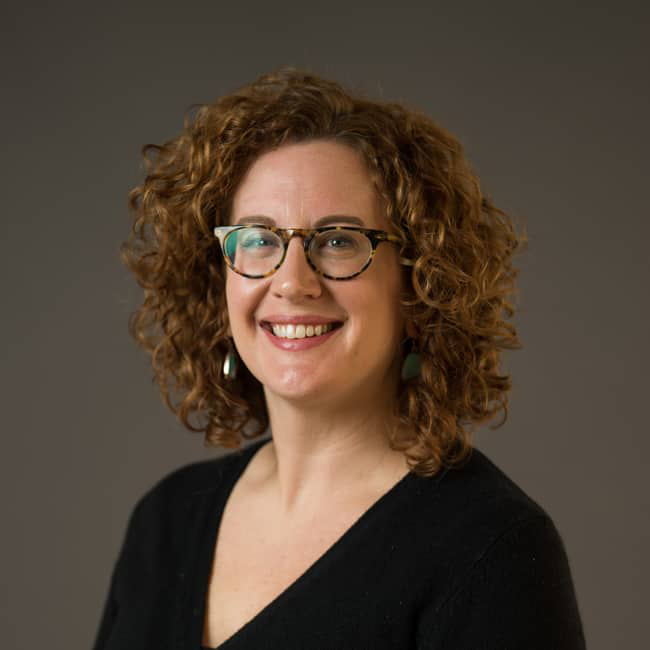
Abby Wightman
Title: Professor of Anthropology and Director of the Center for Teaching Excellence
Institution: Mary Baldwin University
Role: As a faculty member, I have long mentored students but without a formal structure, guidance, or expectations. Moving into my new role as director of teaching and learning excellence, I will be working on creating a mentoring structure.
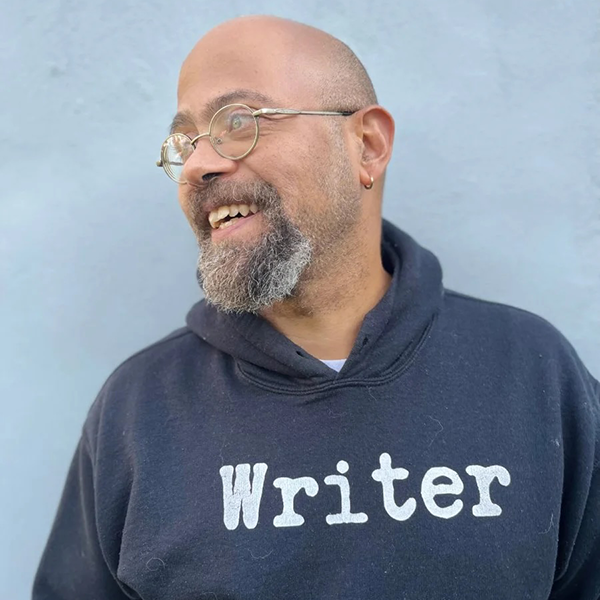
Martin Wiley
Title: Writing Center Coordinator (Division of Student Success)
Institution: Arcadia University
Role: The Writing Center at Arcadia provides students with peer support and engagement for their writing. As the Coordinator, I hire, train, observe, support, and manage these peer consultants.
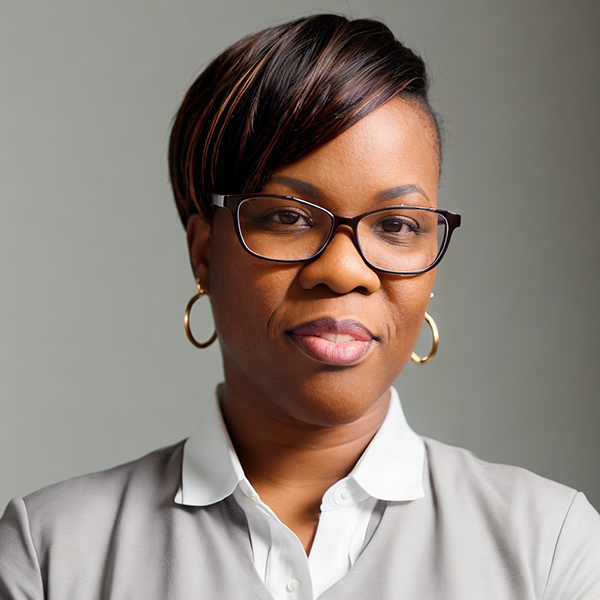
Tamika Williamson
Title: Associate Director, Budgets and Contracts
Institution: Spelman College
Role: As an administrative leader, I have the responsibility of mentoring employees in my department. However, I connect with our institution’s staff on a wider basis, by not just answering questions when they call, but truly making sure they know how to navigate our systems, understand what they are doing, know why their role is important and that they can reach out to me whenever they need help. Additionally, I intentionally get out of my office and connect with individuals on campus, in order to build a sense of familiarity. Building meaningful relationships in this way allows the staff to feel as though they are a valued member of our community, allowing them to emotionally connect to the institution and the work they do. Once staff feel connected, they are more likely to maintain employment with our institution, and more likely to excel at the work they do.
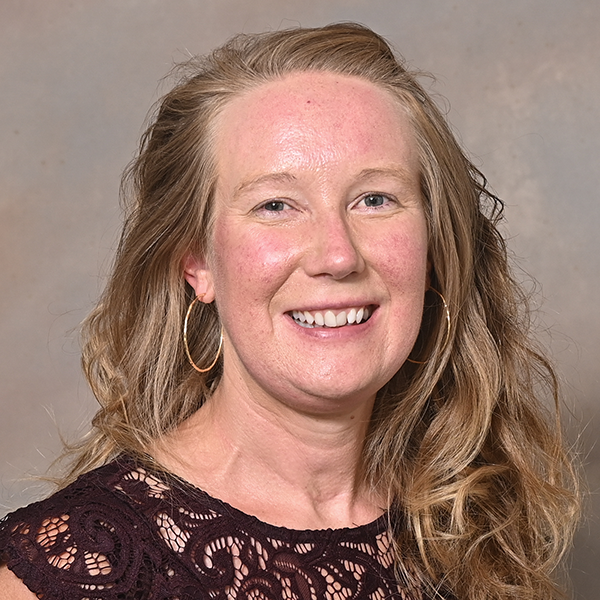
Sherri Young
Title: Associate Professor of Chemistry and Assistant Director of the Muhlenberg Center for Teaching and Learning
Institution: Muhlenberg College
Role: As assistant director of the Muhlenberg Center for Teaching and Learning (MCTL) at Muhlenberg College, I coordinate new faculty orientation programming and a peer mentoring program during the first two years of a faculty member’s time at the college. Our programming and peer mentoring model for new faculty span topics such as balancing teaching, research and service, making service decisions, and active learning strategies. Beyond the work I do with new faculty, our center is working on peer mentoring models for faculty and staff at all career stages, including mid-career faculty who often do not have as much support and mentoring as new faculty.
I am anticipated to step in as the next director of our teaching and learning center, and we hope to significantly expand our mentoring efforts in the future. This Mentoring Summit will significantly benefit me professionally and personally. I look forward to the opportunity to learn from other educators, administrators and faculty developers in higher education.
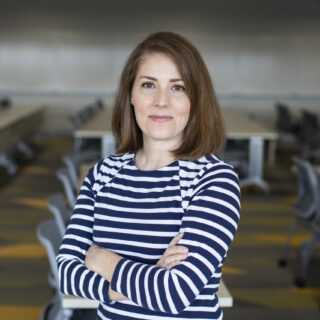
Andrea Zito
Title: Assistant Dean for Student Engagement
Institution: University of Pittsburgh
Role: I work with faculty and students around curriculum and student engagement.

